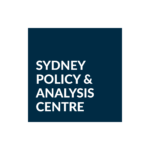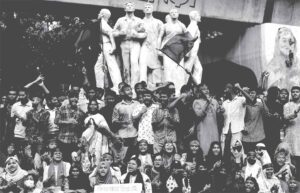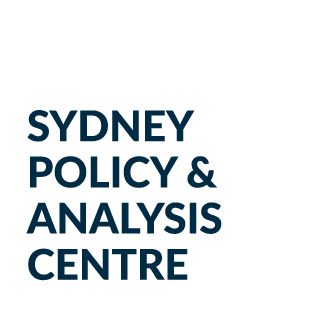On 6 June, Mr Abul Hassan Mahmood Ali became the third finance minister since 2009 to present the budget.
The budget was presented when Bangladesh had been facing significant stress due to external and internal factors. These factors have led to macroeconomic instability, depleted foreign exchange reserves, inflation, and challenges in managing external debt. The country’s GDP growth has been weakening, and private sector investment growth and employment creation have not been satisfactory. Conflicting monetary and fiscal policies, high non-performing loans, and concerns about the country’s capacity to service its debt have further complicated the economic situation.
Using the final budget outcomes since 2009-10 as well as the projections from the latest budget, this Policy Briefing Note charts the evolution of fiscal policy settings of the government of Prime Minister Sheikh Hasina over nearly two decades.
Analysis shows that the fiscal policy settings became expansionary well before the pandemic and other global shocks. Further, budget deficits are not projected to narrow despite projections of record revenue mobilisation.
Considering the historical trend of revenue underperformance, either worse budget deficits will have to be financed, or the government will have to pare back expenditures. The budget sets the government up for an unenviable choice.
This Note suggests that the new Finance Minister has missed an opportunity to implement a better fiscal policy built around a more realistic revenue target and commensurate cuts to expenditure. Instead, the lack of credibility around the current fiscal stance and uncertainty over future course corrections can exacerbate the current economic woes.





